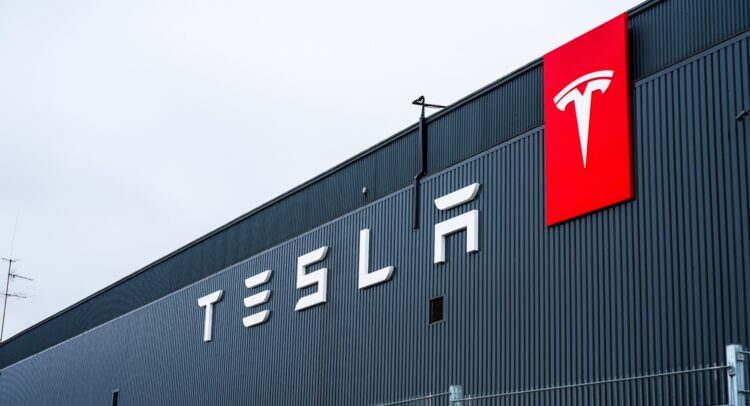Tesla’s (TSLA) latest delivery numbers fell short of Wall Street expectations after selling 495,570 vehicles in Q4 – 10,000 units shy of forecasts. Despite setting a quarterly record, the miss triggered a 6.1% stock drop, which pushed the EV maker into bear market territory after falling over 20% from its December highs. TD Cowen analyst Jeff Osborne highlighted that aggressive incentives, like 0% financing and lease buyout options, failed to deliver the volume boost Tesla hoped for, even with strong sales in China.
Meet Your ETF AI Analyst
- Discover how TipRanks' ETF AI Analyst can help you make smarter investment decisions
- Explore ETFs TipRanks' users love and see what insights the ETF AI Analyst reveals about the ones you follow.
Investors are also bracing for potential changes in the federal EV tax credit, which could impact future demand, especially with President-elect Trump’s likely repeal of the $7,500 subsidy. Despite these setbacks, analysts are split on Tesla’s prospects. Osborne has a Hold rating with a $180 target, while Wedbush’s four-star analyst, Dan Ives, remains bullish with a $515 target due to Tesla’s upcoming $30,000 model and its growing AI-powered robo-taxi ambitions.
Helping Tesla bounce back on Friday was a price-target boost from Canaccord’s George Gianarkias, who raised his target to $404 while maintaining a Buy rating. Gianarkias pointed to Tesla’s “generational growth” potential across EVs, AI, and energy storage. Wall Street’s outlook for Tesla remains divided, but anticipation for 2025’s product launches keeps investors watching closely.
Is Tesla Stock a Buy, Hold, or Sell?
Turning to Wall Street, analysts have a Hold consensus rating on TSLA stock based on 13 Buys, 11 Holds, and nine Sells assigned in the past three months, as indicated by the graphic below. After a 59% rally in its share price over the past year, the average Tesla price target of $292.03 per share implies 24.8% downside risk.

















